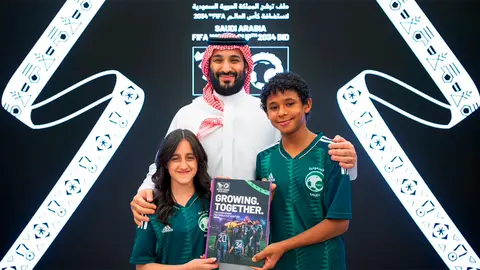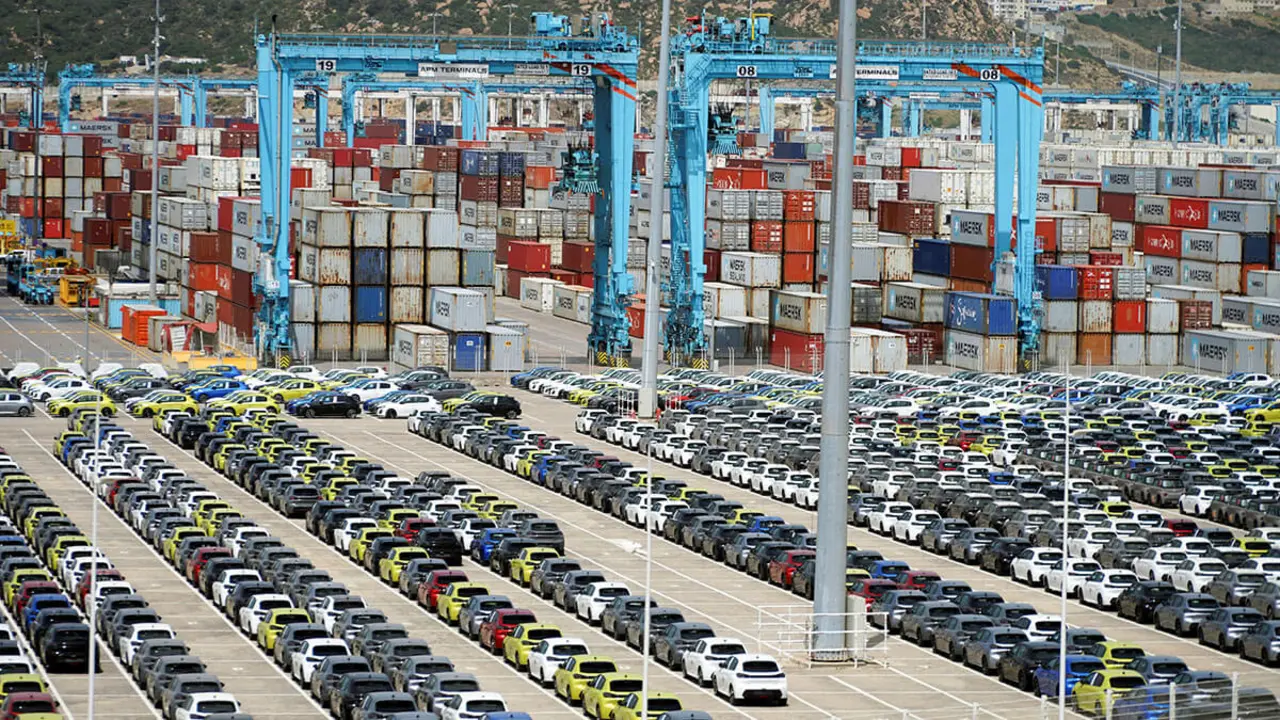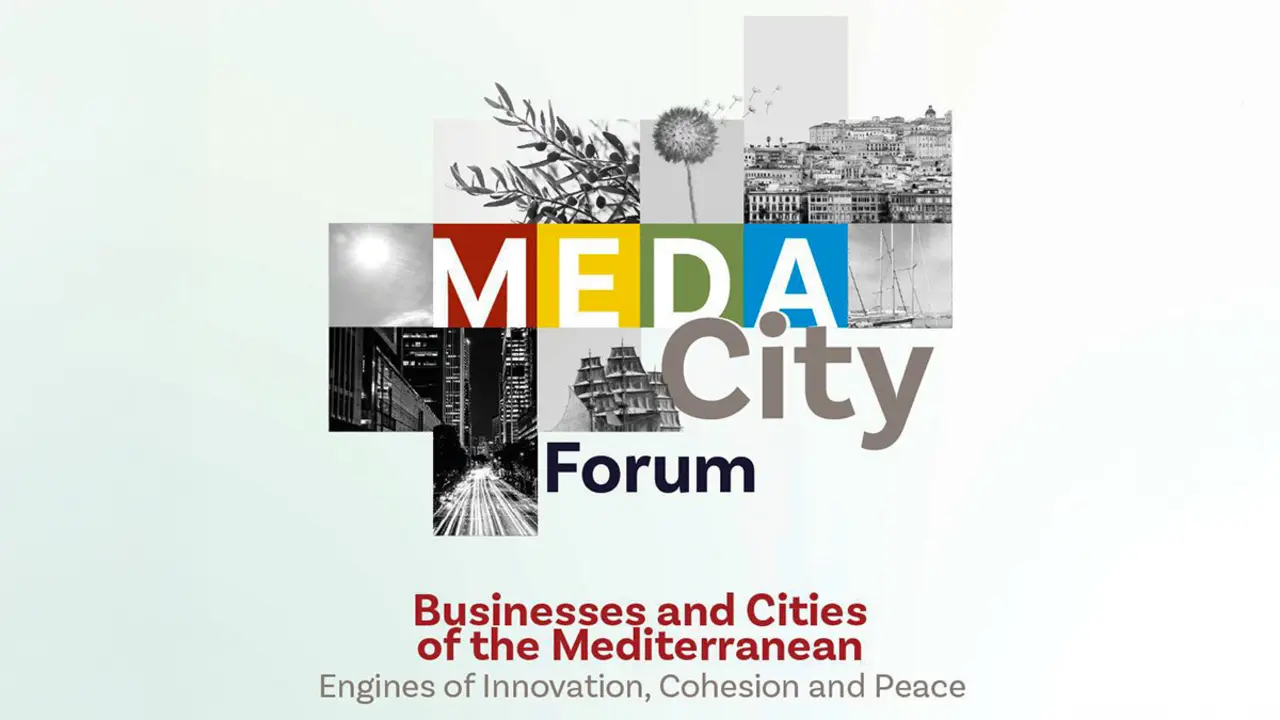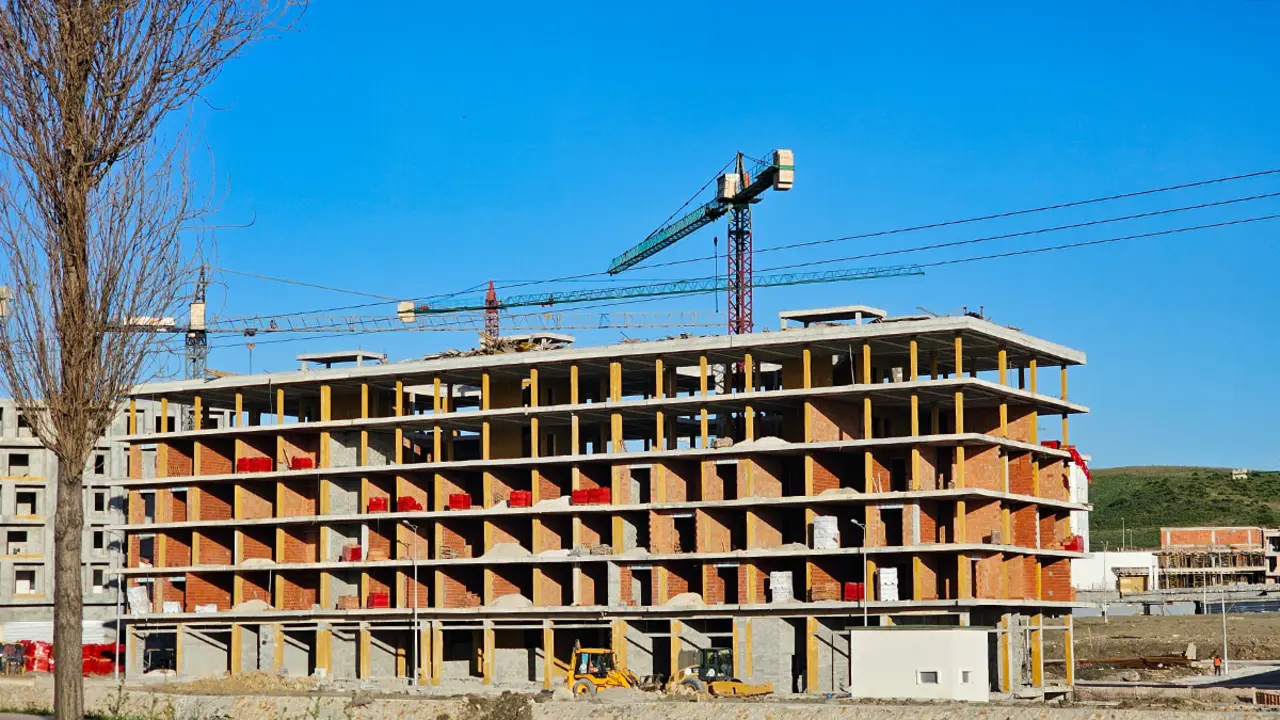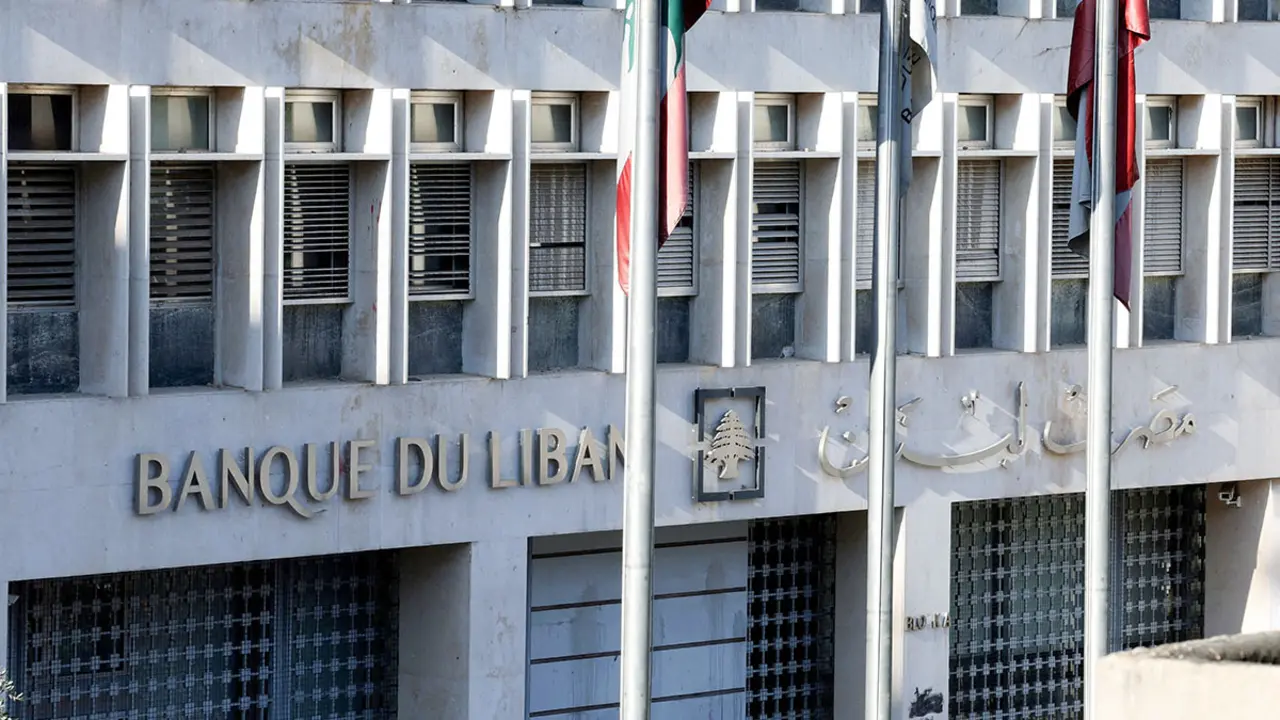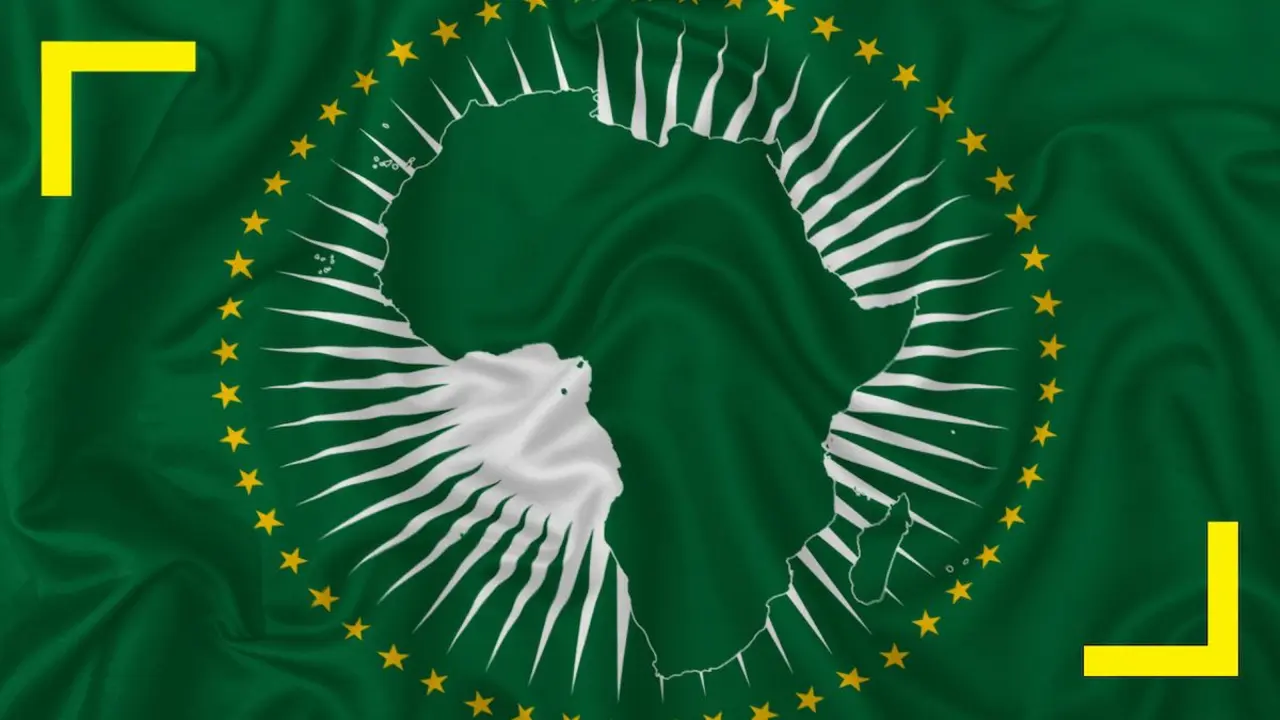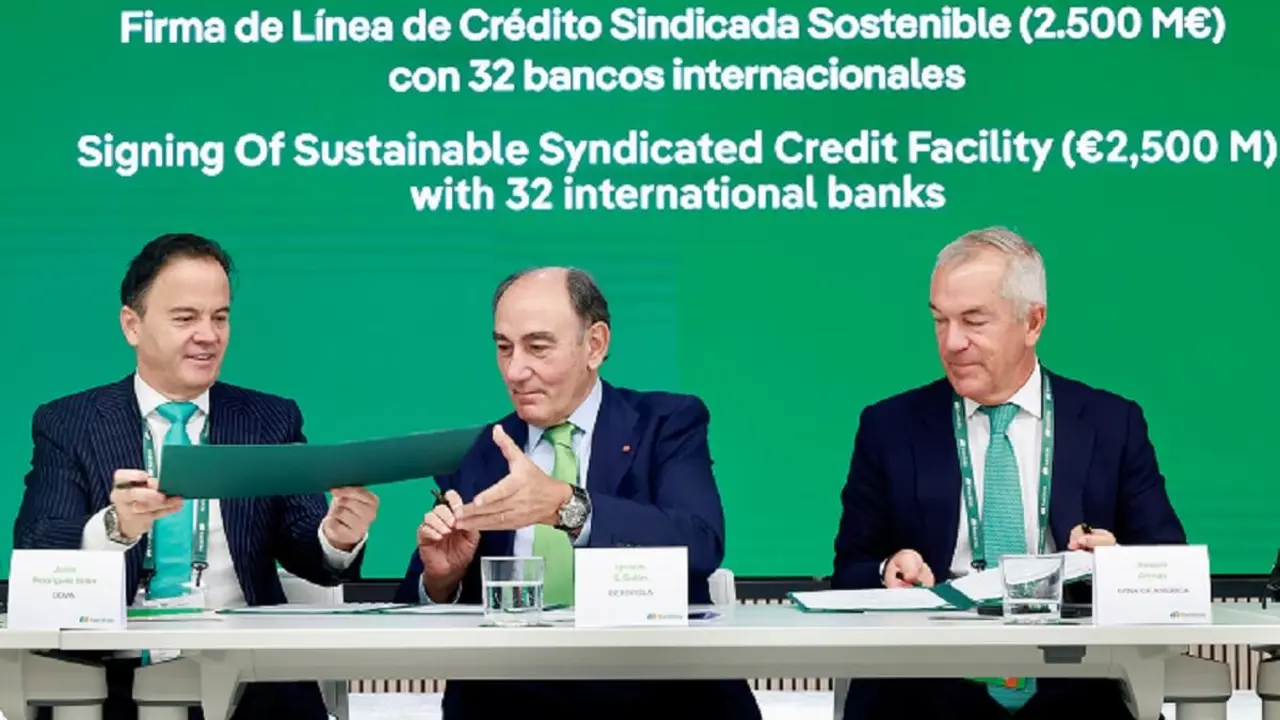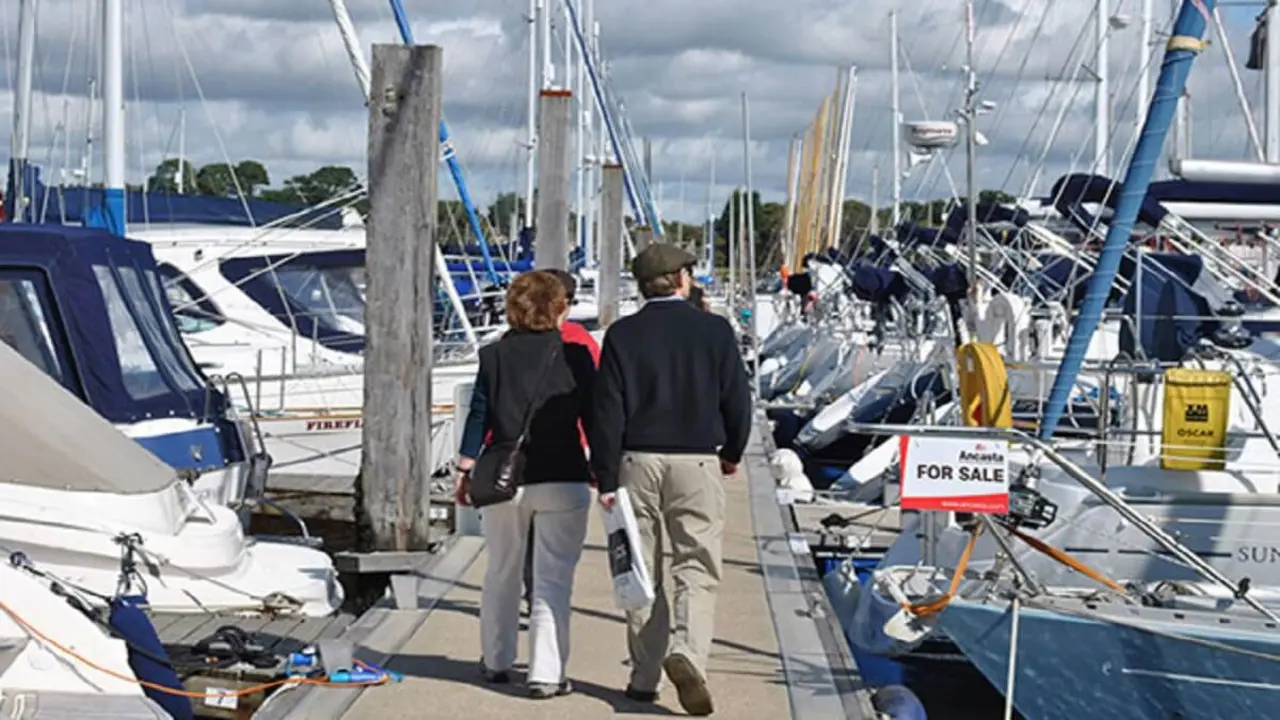Saudi Arabia leads global tourism growth in 2025
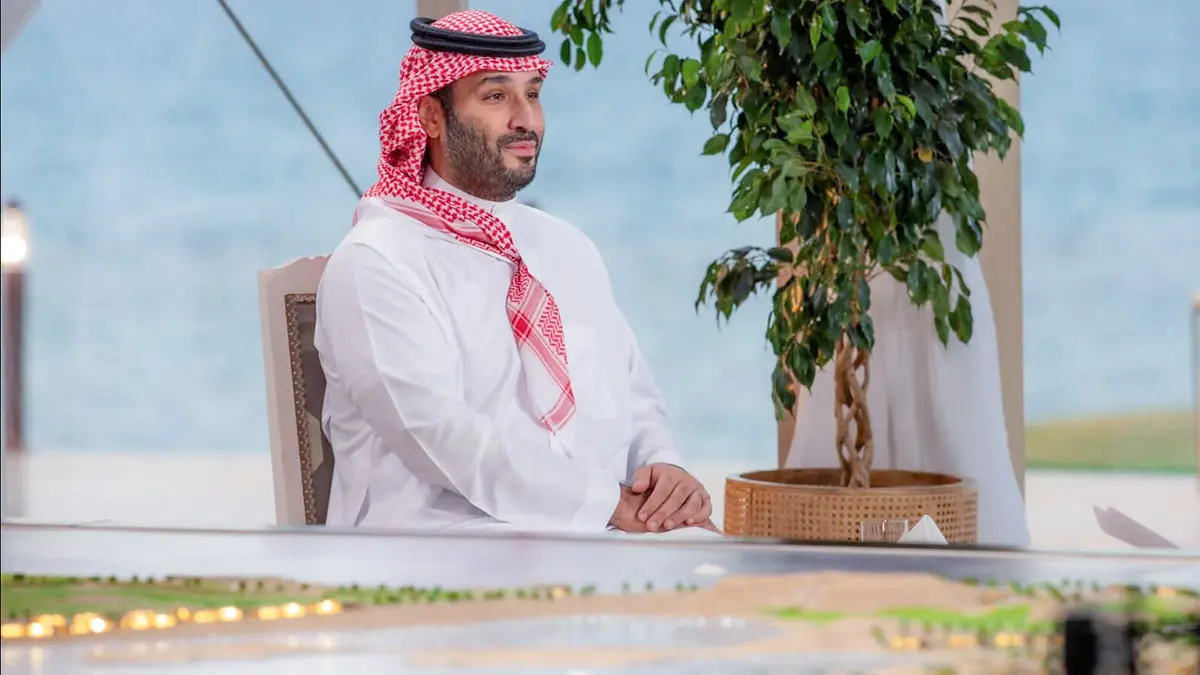
In the first quarter of 2025, Saudi Arabia stood out as the nation with the highest increase in international tourism revenue globally. This growth reflects not only a determined strategy to diversify the economy through large tourism projects, but also an effort to strengthen its presence and alliances on the international stage.
- Record high in international tourism
- Investments and tourism megaprojects: the driving force behind Vision 2030
- Geopolitical game
- Social challenges and international reputation
Record high in international tourism
According to the World Tourism Organisation (UNWTO) World Tourism Barometer, published in May 2025, the Saudi kingdom experienced a 102% increase in international tourist arrivals compared to the same period in 2019. This percentage far exceeds the global average of 3% and the regional average of 44% in the Middle East, consolidating Saudi Arabia as a key player in the global tourism sector.
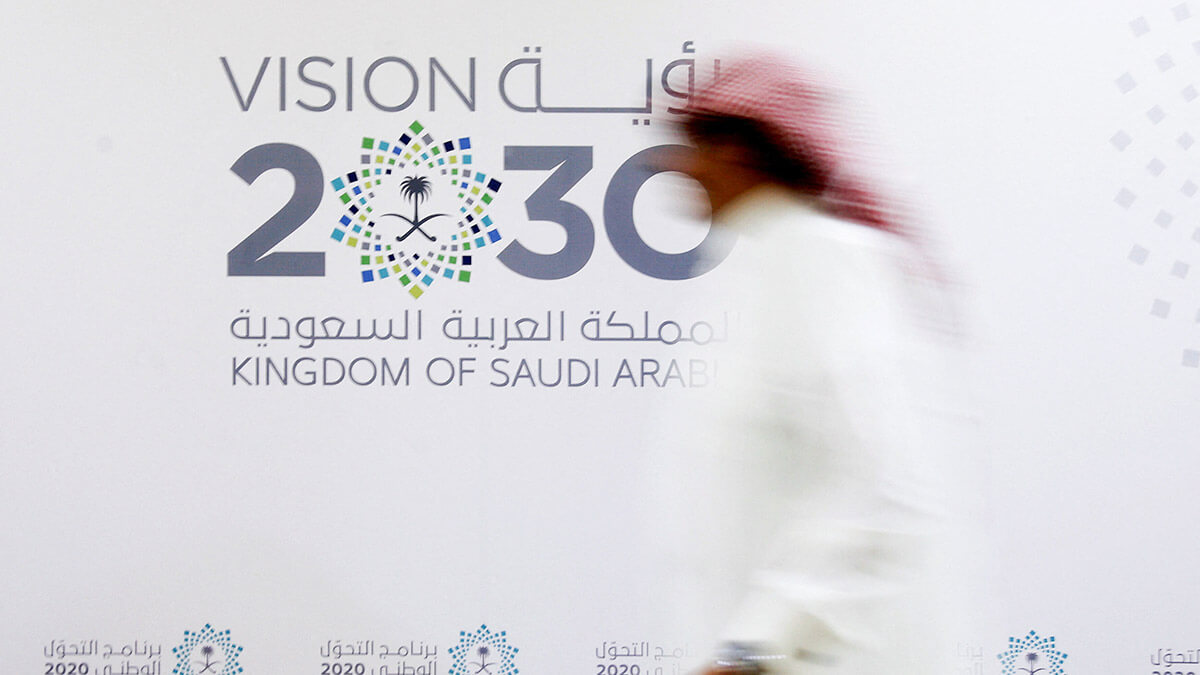
The Saudi Press Agency interpreted these figures as confirmation of the success of the national tourism strategy, driven by the objectives set out in the ambitious Vision 2030.
Tourism Minister Ahmed Al-Khateeb stressed that this exceptional performance is a direct result of the support of the country's senior leadership. In his words, tourism has become a ‘key enabler’ for transforming the Saudi economy, and the sector's sustained growth reflects ‘the integrated efforts of the Ministry and all players in the tourism ecosystem’.
Investments and tourism megaprojects: the driving force behind Vision 2030
The Gulf country has embarked on an unprecedented transformation by allocating more than 1 trillion dollars to tourism megaprojects as part of its ambitious Vision 2030, with the aim of diversifying its economy and reducing its dependence on oil. According to the Financial Times, this massive investment includes initiatives such as NEOM, Qiddiya, Diriyah, Soudah Peaks and the Red Sea Project, which seek to position the country as a world-class tourist destination, with proposals that combine sustainability, technology and extreme luxury.
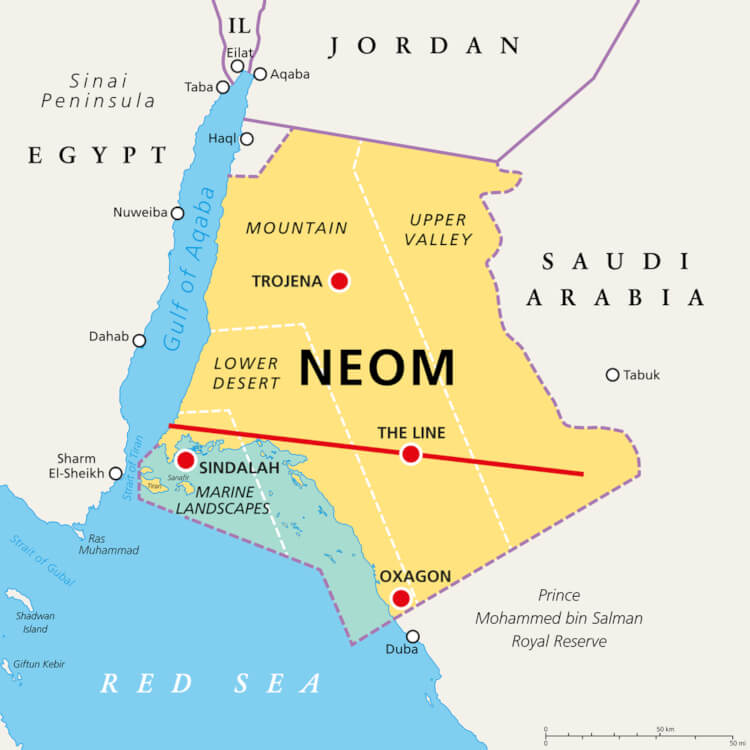
One of the most recognisable emblems is NEOM, and within it, the futuristic city The Line, a 500-kilometre-long project with zero carbon emissions. However, recent reports indicate that this initiative faces significant delays and a possible drastic reduction in scale: of the 1.5 million residents projected for 2030, it is now estimated that only 300,000 will be built on a fraction of the original layout. In parallel, the Red Sea Project has made more steady progress, opening its first luxury hotels in 2023 and becoming one of the first regions with specific regulations for cruise ships, opening the door to maritime tourism in the Red Sea. The new legal framework establishes sustainability and safety standards, consolidating this area as key to the Saudi kingdom's maritime tourism development.
Other notable projects include Qiddiya, an ‘entertainment city’ under construction near Riyadh, which will include theme parks, stadiums, interactive museums and cultural centres. In 2023, Qiddiya received more than 8 billion dollars in private national and international investment, demonstrating the market’s confidence in Saudi Arabia’s tourism future. Similarly, Soudah Peaks, focused on mountain ecotourism, and Diriyah Gate, focused on the restoration of Islamic cultural heritage, aim to diversify the tourist offer with unique experiences that go beyond luxury, betting on the country's historical identity and nature. These projects were designed with the latest technology and aim to attract more than 100 million tourists annually by 2030.
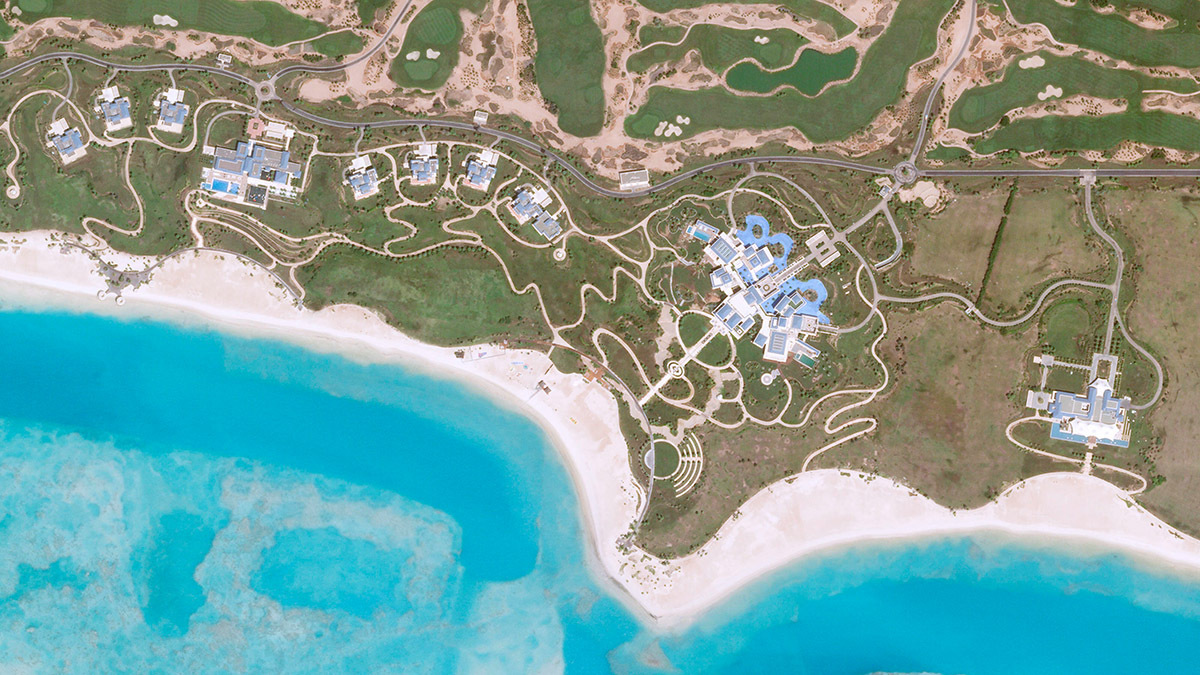
Geopolitical game
Saudi tourism does not operate in a vacuum: it is also a strategic instrument. In December 2022, Chinese President Xi Jinping's visit to Riyadh marked a turning point. A comprehensive strategic partnership was signed that integrated Saudi Vision 2030 with China's Belt and Road Initiative (BRI), covering cooperation in energy, technology, construction and tourism.
Saudi Arabia has focused particularly on the Chinese market. In 2023, it welcomed 100,000 Chinese tourists, but aims to reach 5 million annually by 2030. To this end, specific measures have been implemented, such as obtaining Approved Destination Status (ADS), bilingual signage at airports, Mandarin-speaking staff and agreements with Chinese travel agencies. This strategy not only strengthens the economy, but also cultural and educational ties, with exchange programmes, book fairs and bilateral literary translations.
China is also actively involved in projects such as NEOM and has offered funding for key infrastructure such as the 'landbridge' train that will connect the Gulf with the Red Sea. This cooperation strengthens Saudi Arabia's position in a multipolar world, balancing its historic relationship with the United States and facilitating its role as a regional diplomatic player, as seen in China's mediation in the resumption of relations between Saudi Arabia and Iran in 2023.
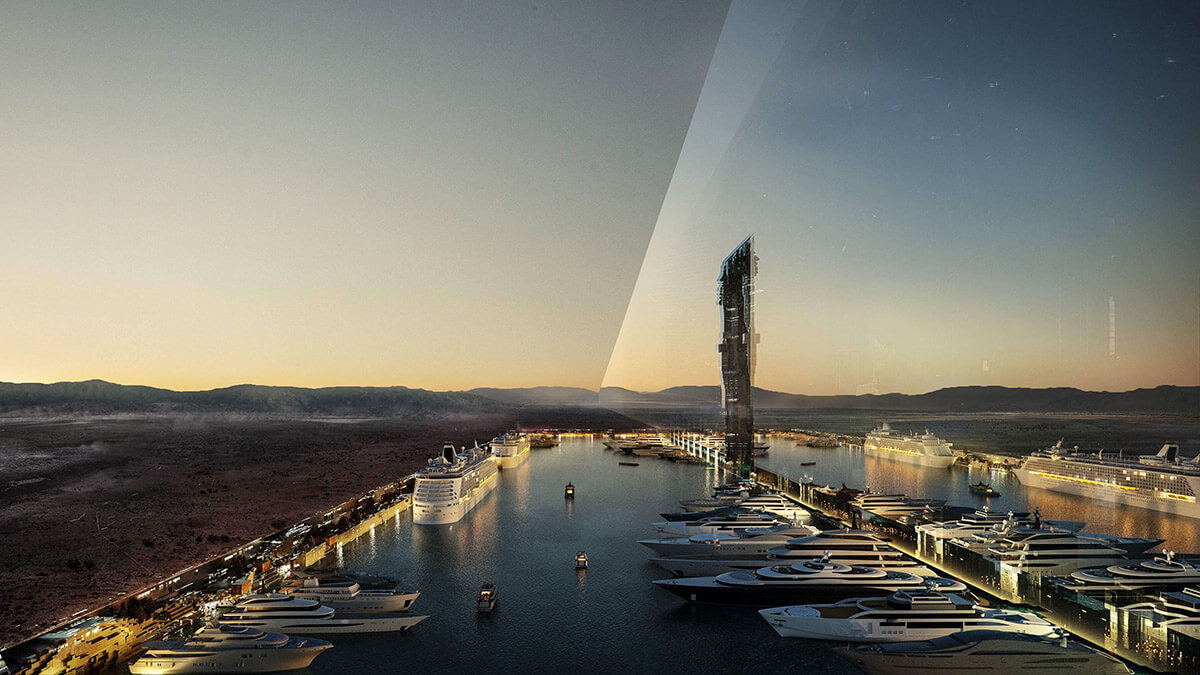
Social challenges and international reputation
Saudi Arabia's ambitious tourism transformation, spearheaded by megaprojects such as NEOM, has raised significant social and human rights concerns. The construction of NEOM has faced allegations related to the forced eviction of indigenous communities, particularly the Howeitat tribe in the Tabuk region. In April 2020, a prominent member of this community, Abdul Rahim Al-Huwaiti, was arrested and died in police custody after resisting displacement from his ancestral lands. Since 2022, multiple members of this tribe have been arrested and prosecuted on terrorism-related charges for their resistance to eviction; some face penalties including long prison sentences or even the death penalty, according to reports from the United Nations and organisations such as Alqst and Middle East Eye. These actions have prompted international criticism and observations about possible human rights violations, particularly the lack of prior consultation and adequate compensation for the affected communities.
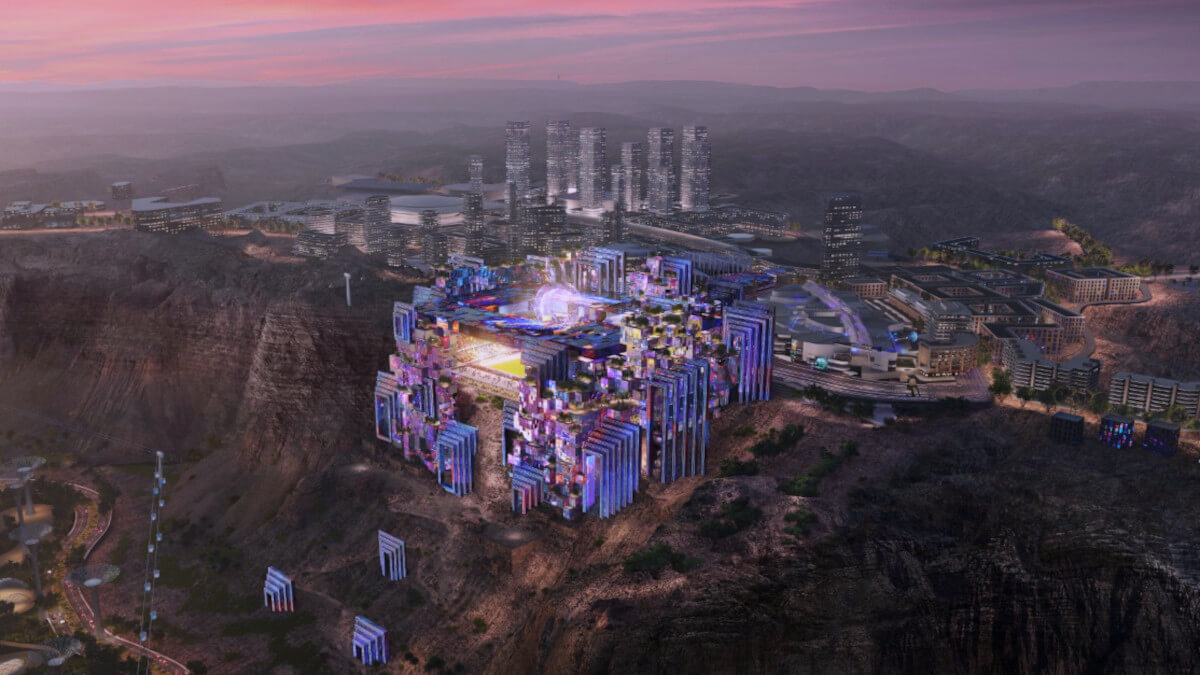
In parallel with these social challenges, Saudi Arabia has developed a high-profile international strategy to improve its image through major investments in sporting and cultural events. Since 2021, the Public Investment Fund (PIF) has allocated more than 6.3 billion dollars to promoting the country through sponsorship and organisation of global events such as Formula 1, the LIV Golf circuit, the purchase of Newcastle United football club and the hosting of the 2025 Concacaf Gold Cup. This policy, commonly referred to as sportswashing, seeks to attract international attention and diversify the country's image as a modern and open destination
However, several human rights organisations, such as Human Rights Watch and Amnesty International, have pointed out that these actions have not led to significant changes in political freedoms or the protection of civil rights within the country, highlighting the persistence of arbitrary detentions and restrictions on freedom of expression.

